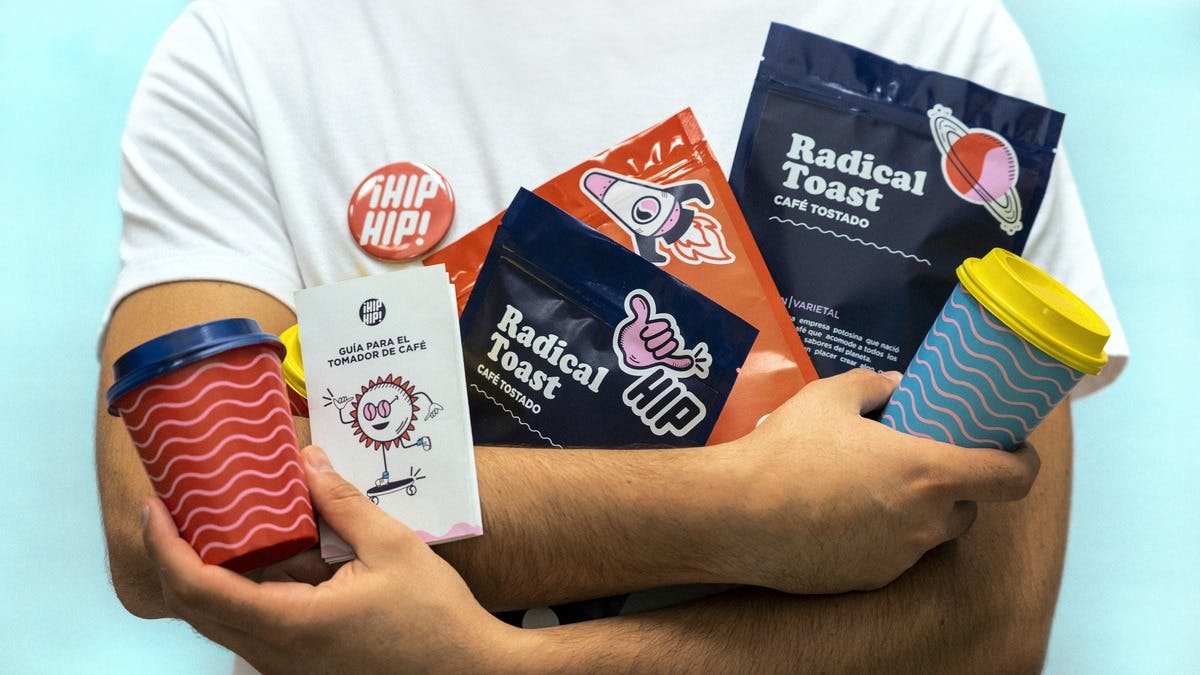In the ever-evolving landscape of marketing, businesses face the challenge of striking the right balance between engaging customers and avoiding the perception of being too pushy.
According to Customology, a leading customer lifecycle management specialist in Australia, their latest findings reveal a growing discontent among customers towards what they consider an aggressive sales approach. In fact, a remarkable 71 per cent of respondents expressed dissatisfaction with brand sales tactics, indicating a significant 10 per cent increase compared to Customology’s previous ‘The Unspoken Customer’ report in 2020.
One factor contributing to this perceived brand aggressiveness is the sheer volume of marketing emails inundating consumers’ inboxes. Customology’s research uncovers that a substantial 60 per cent of customers feel bombarded with excessive emails, highlighting a failure on the part of brands to effectively diversify their communication channels.
While brands have access to a wealth of customer data that can potentially enable personalized campaigns, the report highlights a critical disconnect between businesses and their target audience. More than half of the respondents (58 per cent) expressed frustration with receiving irrelevant communications that do not align with their specific needs and preferences. This glaring disparity has only deepened the prevailing sense of customer mistrust, with a staggering 69 per cent of participants confessing their lack of trust in brands when it comes to handling their personal information. This figure represents a notable increase from the 53 per cent reported in Customology’s previous report.
The Unspoken Customer reveals top customer gripes with brands:
| Complaint | % of respondents |
| Brands are too aggressive in their sales approach | 71% |
| New customers are offered better value | 77% |
| Don’t trust what brands do with their personal information | 69% |
| Receive irrelevant communication not targeted to them | 58% |
| Customers are not rewarded for their loyalty | 55% |
| Brands are dishonest in their marketing communications | 48% |
| Customers are being emailed too often | 48% |
Customology founder and CEO Mark James says: “Many brands are unaware of the customer trust crisis in Australia. This year’s report builds on our 2020 report and the key figures reveal that lack of trust is a problem that is rapidly getting worse.”
Mark advises brands not to rush their customer: “Timing is key when reaching out to customers. When you do send communications, know exactly who your audience is and ensure the content is limited to what is necessary. Also, customers expect brands to use their data to personalise offers in meaningful ways, so focus on this and avoid sending generic messages with their names inserted. Using a mix of communication channels is important for reaching the right customers too. Some people prefer email, others might prefer social media platforms or even print mail.”
Mark says: “We hope this report offers new insights about current market sentiment that is important for brands to know. The insights will help businesses to revisit and realign their marketing strategies to reach customers more effectively. The ultimate goal is to help build and maintain trust based on rewarding relationships with customers.”
Additionally, customers often perceive a lack of value from brands, leading to feelings of being undervalued and unrewarded. A significant 77 percent of respondents believe that they receive better value as new customers, indicating that brands tend to prioritize acquiring new customers rather than rewarding loyal ones. Consequently, a staggering 55 percent of surveyed customers feel that their loyalty goes unnoticed and unrewarded.
The report also sheds light on additional concerns raised by customers. Dishonest communication is a prominent issue, with 48 percent of participants expressing their belief that brands are untruthful in their campaigns. This lack of transparency erodes trust and further hinders customers’ perception of value. Moreover, the study reveals that a significant portion of survey respondents feel overwhelmed by excessive email communication. In fact, 37 percent reported receiving over 20 emails per week, many of which they consider irrelevant and unhelpful to their needs.
Keep up to date with our stories on LinkedIn, Twitter, Facebook and Instagram.

